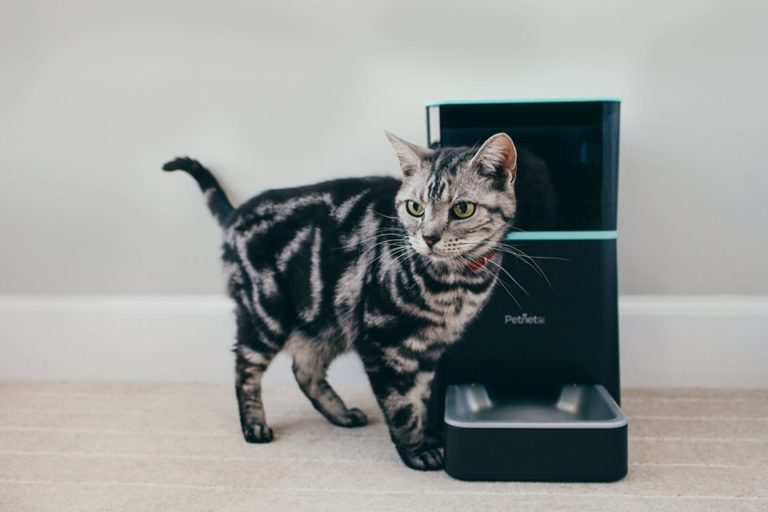
On-demand laundry startup Wash.io Inc. has been hung out to dry.
Under pressure from a class-action lawsuit and without additional investment or a white-knight buyer, the Santa Monica company’s management announced last week that it had shut down. The startup raised more than $16 million since its founding in 2013.
It appeared that the combination of lack of customer demand, high operating costs, competition, and legal action killed the company, said Rick Rome, chief executive of online laundry and dry-cleaning service WashClub of New York.
“They were pushing a wholesale product at retail prices,” he said, adding, “I think that denial of the Uber $100 million (worker misclassification) settlement put a jolt, a scare in all the VCs that backed them.”
In December, Wash.io was hit with a class-action suit in Los Angeles Superior Court for allegedly improperly classifying its drivers as independent contractors. The suit is requesting back wages and civil penalties. Last year, home-cleaning startup HomeJoy of San Francisco famously closed its doors citing similar worker misclassification lawsuits.
Co-founded and led by former child actor Jordan Metzner, the company promised to pick up its customers’ laundry on demand, after service was requested via an app, and return it clean within 24 hours. But the app-based laundry service industry is crowded, with competition from startups such as Rinse Inc., Laundry Locker Inc., Cleanly Inc., and FlyCleaners Inc.
Metzner did not respond to multiple requests for an interview. In a note on the company’s homepage, Metzner and co-founders Bob Wall and Juan Dulanto addressed the shutdown.
“We generated millions in revenue and hundreds of thousands of orders, but the nature of startups is being innovative and venturing into uncharted territory: sometimes you make it, sometimes you don’t,” they wrote. “We are proud of what we accomplished along the way: over 1 million items of clothing dry cleaned, and over 21,000 tons of laundry washed and folded.”
Part of Wash.io’s troubles may also have stemmed from its reliance on third-party dry-cleaning and laundry facilities, said Rome.
“They were giving up 50 or 60 percent of their sales for somebody to do their work,” he said. “That leaves them 40 percent for drivers, for marketing, for support. That’s a low-margin business at that point. In fact, it’s a negative-margin business.”
Additionally, the company’s on-demand laundry pickup was likely a difficult operation to maintain, said Rome.
“Laundry isn’t like Uber or food service. Food service goes from the kitchen to some guy’s house. Uber picks you up and takes you to the airport. It’s one-way delivery,” he said. “Laundry and dry cleaning is two-way. It is a harder type of logistics.”
And though Wash.io’s operations have shut down, its founding team is holding on to hope that it might re-emerge someday under different ownership.
“We are not alone in believing in Wash.io’s core business, technology, and team, and hope it lives on in some shape or form in the future,” the co-founders’ post said. “But, that story has yet to be told.”
Scratching, Clawing
Pet-care technology is a booming business.
Just ask Carlos Herrera, chief executive of automated pet feeder maker Petnet, whose downtown company just received a $10 million Series A round led by San Diego’s Petco Animal Supplies Inc. Online financial services firm Aspiration Growth and other undisclosed investors also participated.
“The fastest trend in pet care is ‘Am I feeding my pet the right amount of the right food?’” Herrera said. “It’s really the humanization of animals. People are treating them like family members.”
Petnet has been chasing this trend since 2014 when it launched its first automated pet feeder. Now with Petco planning to make all of its products available in its stores by the end of the year, Herrera is eyeing a rapid expansion.
Launched in 2012, Petnet has raised more than $11 million from a number of prominent retailers and robotics companies, including Grishin Robotics, Amazon Alexa Fund, and the venture arm of iRobot Corp.
In addition to controlling feeding times and portion sizes, the company’s app-connected cat and dog feeders recommend pet food based on factors such as age, weight, activity level, and breed. When the feeder senses that it is running low on food, it notifies its users and offers to automatically purchase new food online.
“Our software will go and prune through the 30,000 pet food options (available on the market today) and present you with the two or three that fit within your budget,” Herrera said. “At the core of the humanization of pets, what’s driving it, is the modern consumer who wants everything personalized for them.”
Rebooting
Influencer network Heartbeat of Santa Monica has hired John Hall as chief technology officer. Hall was formerly chief technology officer and co-founder of online consignment shop Tradesy.
Staff reporter Garrett Reim can be reached at [email protected] or (323) 549-5225, ext. 232.
